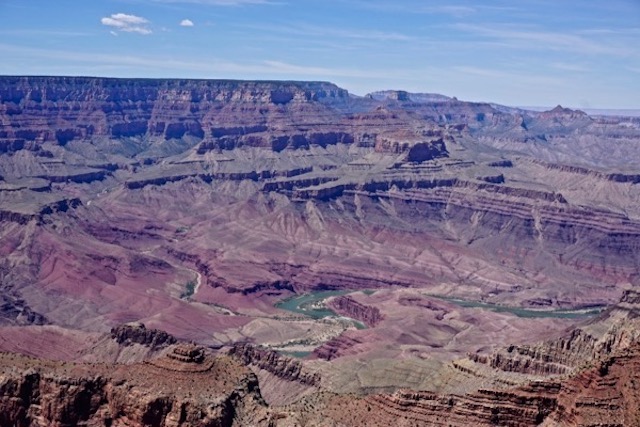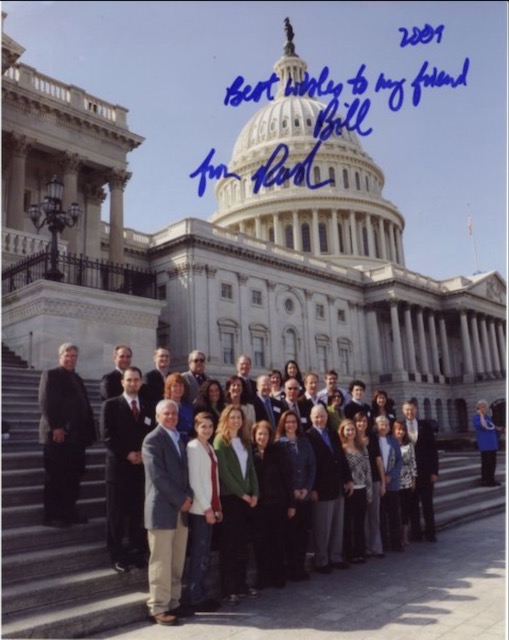Lame Climate Adaptation Land Use Bill Now On Gov. Murphy’s Desk
Bill Purported to Address Climate Vulnerability Has No Teeth
We are in a climate emergency – these cynical toothless stunts must stop
In recent years, our politics has tended toward incremental proposals made up of small policies designed to avoid offending special interests, alternating with occasional baby steps in the right direction. Our democracy has become sclerotic at a time when these crises require boldness. ~~~ Al Gore (7/20/08), quoted here.
[Update: Gov. Murphy signed the bill into law on February 4, 2021, and got good press for it. ~~~ end update]
On December 17, 2020, the Assembly quietly passed a bill (A2745/S2607[1R]) to amend the Municipal Land Use Law (MLUL) to respond to risks of climate change. The Senate version was passed back in October, so the bill is now on Gov. Murphy’s desk for his consideration.
We urge the Gov. to veto the bill outright – or at least conditionally veto the bill and send it back to the legislature and direct them to put teeth in the bill or abandon the effort in favor of upcoming statewide DEP Climate PACT regulations (despite the fact that those rules will need to be considerably strengthened).
As we explain briefly below, the bill has no teeth, ignores important issues, and could undermine or create conflicts with DEP’s upcoming statewide climate PACT land use regulations and Coastal Management Plan.
the land use plan element of a municipal master plan include a climate change-related hazard vulnerability assessment. The assessment would: (1) analyze current and future threats to, and vulnerabilities of, the municipality associated with climate change-related natural hazards; (2) include a build-out analysis of future residential, commercial, industrial, and other development in the municipality, and an assessment of the threats and vulnerabilities identified in (1) above related to that development; (3) identify critical facilities, utilities, roadways, and other infrastructure that is necessary for evacuation purposes and for sustaining quality of life during a natural disaster, to be maintained at all times in an operational state; (4) analyze the potential impact of natural hazards on relevant components and elements of the master plan; (5) provide strategies and design standards that may be implemented to reduce or avoid risks associated with natural hazards; (6) include a specific policy statement on the consistency, coordination, and integration of the climate-change related hazard vulnerability assessment with certain other plans adopted by the municipality; and (7) rely on the most recent natural hazard projections and best available science provided by the New Jersey Department of Environmental Protection. The bill would apply to any land use plan element adopted after the date the bill is enacted into law.
We urge Gov. Murphy to conditionally veto the bill for the following reasons:
1) Climate adaptation is a State responsibility – the bill inappropriately shifts that burden to local government
The concept of local “home rule” in NJ land use is widely misunderstood.
The NJ Constitution vests police power, the foundation of land use law, with State government. The legislature may delegate some of this power to local government and has done so via the Municipal Land Use Law. But the primary responsibility lies with State government. And anything the legislature has delegated to local government can be taken back by subsequent legislation.
Similarly, federal and counterpart NJ State laws governing the environment, land use planning, and infrastructure that relate to climate mitigation and adaptation – such as the Coastal Zone Management Act, CAFRA, State Plan, Flood Hazard Act, Wetlands Act, stormwater management, watershed planning, infrastructure finance and permitting, Clean Air Act, Clean Water Act, transportation, and energy, etc – vest exclusive or primary authority with State government, not local government.
DEP then controls via regulations what local governments are capable of doing – not NJ Legislators.
Gov. Murphy himself has acknowledged this State responsibility via several Executive Orders that address the various scientific and policy dimensions of climate change – both adaptation and emissions mitigation.
In recognition of this State responsibility, the BPU adopted the Energy Master Plan and the DEP is developing a regional coastal management plan and statewide climate related land use regulations under the PACT initiative.
Local government also lacks the scientific and technical capacity and financial resources to properly address climate adaption issues. The bill allows for DEP technical assistance, but this is just a band aid.
The proposed legislation is – at best – inconsistent with all this.
2) The bill is toothless and the only requirement to mitigate risks was deleted by Senate Committee amendment
The bill would not require local governments to do anything more than amend their local land use Master Plan.
In NJ, zoning ordinances are not required to be consistent with master plans. There is no, what is called “mandatory conformity” requirement.
So, for example, what that means is that lands that were highly vulnerable to climate impacts (flooding, storm surge, sea level risk, etc) that were identified in the local land use Master Plan could continue to be zoned for development.
This makes no sense.
Even worse, he introduced version of the bill included a provision that would have mandated that local governments mitigate risks. The original bill would have required that local plans:
contain measures to mitigate reasonably anticipated natural hazards, including, but not limited to, coastal storms, shoreline erosion, flooding, storm surge, and wind, following best management practices recommended by the Federal Emergency Management Agency;
That provision was stripped by Senate Committee amendments adopted on July 30, 2020 (see the 1R version of the bill)
So, a weak bill was gutted entirely.
We are in a climate emergency – these cynical toothless stunts must stop.
3) The bill has the potential to conflict with or undermine upcoming DEP climate PACT land use regulations
If for no other reason, the Gov. should veto the bill as inconsistent with State policies.
4) The bill ignores important climate adaptation and renewable energy issues
The bill ignores the risks of wildfire. (see this post).
The bill ignores the deadly risks of urban heat island effects and prolonged extreme heat waves. This conflicts with Gov. Murphy’s climate and environmental justice policy commitments. (*** Yes, the bill includes “temperature“, but urban heat island effects deserve their own specific provision, because they relate to non-temperature factors, including not only the physical human built landscape and ground and tree cover, but social, economic and health factors related to environmental justice communities. Local governments will avoid these controversies unless they are directed to consider them.).
There are many things local governments could be doing to address climate change that are ignored by the bill.
For example, towns could be required to modify zoning based on climate vulnerability.
Towns could be required to adopt building codes and other ordinances to promote energy efficiency, renewable energy, urban forestry, bicycles, public transit, ride share program, educate and help residents transition to zero carbon, etc.
The bill ignores all those things that are suitable to local government, while imposing toothless planning requirements that are poorly suited to local authority and the local role.
Veto the bill.
Time to get serious.


